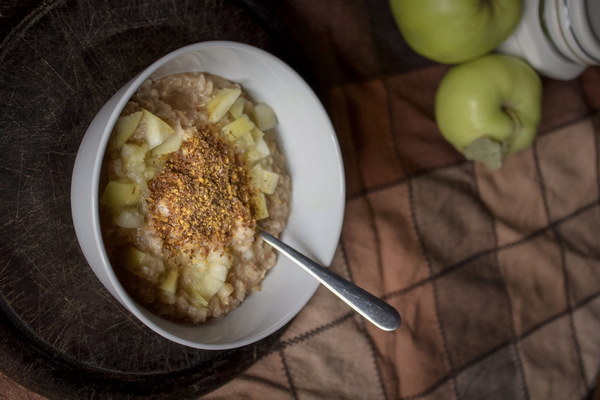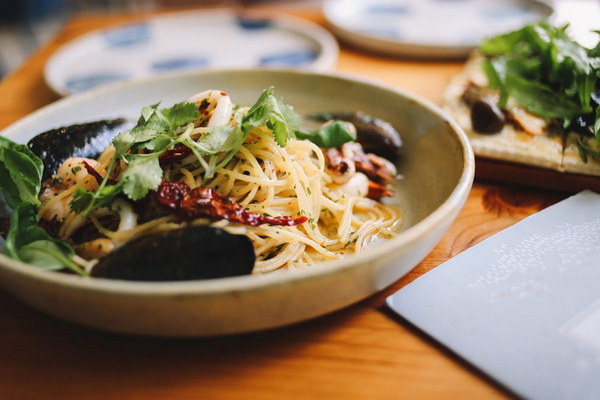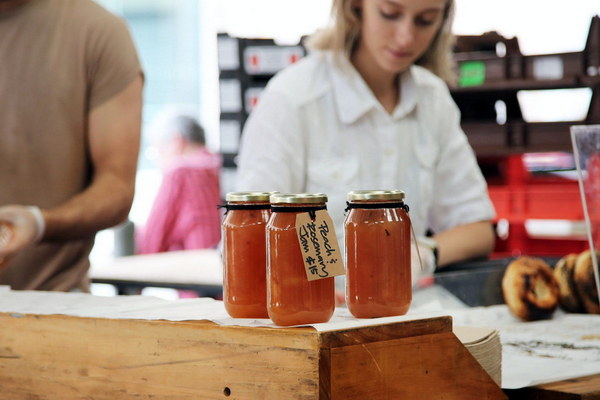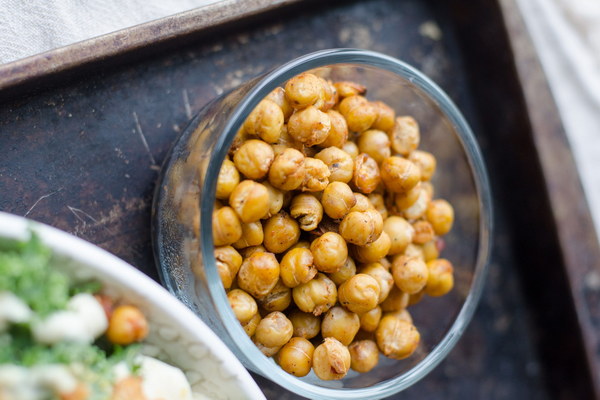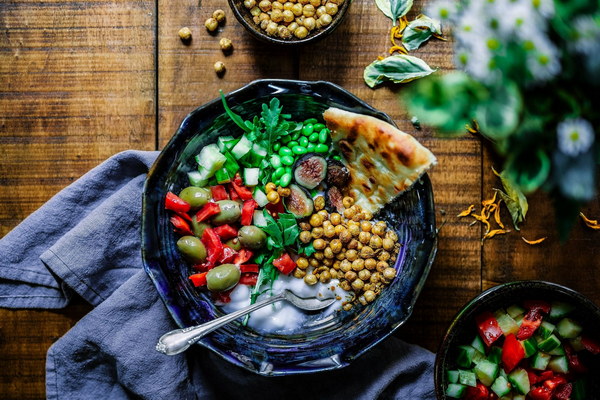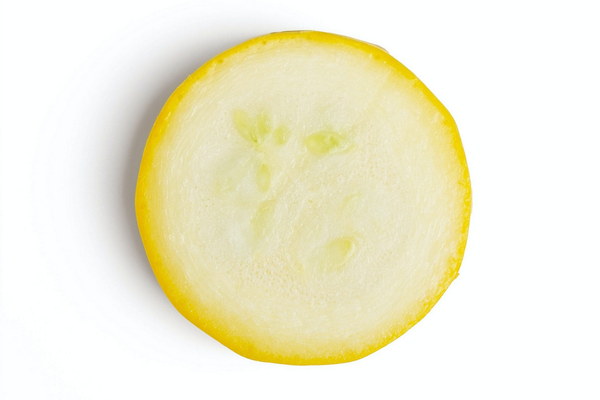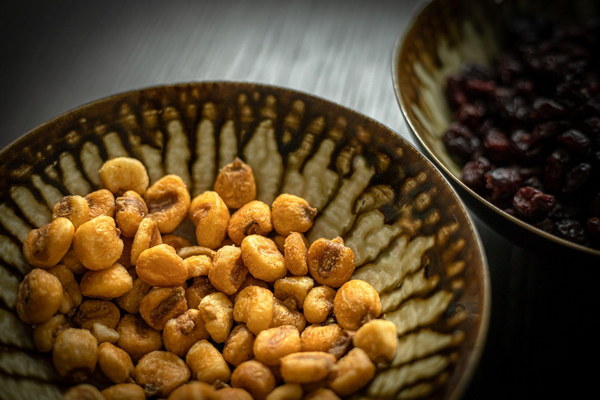Postpartum Nutrition Guide How to Boost Qi and Blood for New Mothers
After the joyous experience of giving birth, it's crucial for new mothers to focus on postpartum nutrition to replenish their Qi and Blood. This period is a time of recovery and rejuvenation, and the right diet can significantly aid in the healing process. Here's a comprehensive guide on how to nourish your body with the right foods to regain strength and vitality.
The Importance of Postpartum Nutrition
Postpartum, also known as the postnatal period, typically spans from the first few days to several months after childbirth. During this time, the body undergoes a remarkable transformation as it repairs itself and adapts to the changes brought on by pregnancy and childbirth. Proper nutrition is essential for a swift and effective recovery.
Qi (vital energy) and Blood are the foundations of a healthy body in Traditional Chinese Medicine (TCM). Postpartum, these vital substances may be depleted due to the strain of labor, blood loss, and the demands of breastfeeding. Replenishing them is vital for restoring overall health and preventing complications.
Foods to Boost Qi and Blood
1. Nutritious Soups and Stews
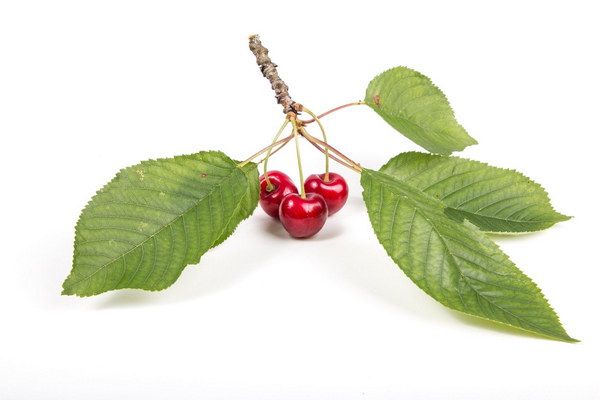
- Chicken soup with ginger, green onions, and carrots is a classic remedy for postpartum recovery. It warms the body, aids digestion, and helps to expel afterbirth blood clots.
- Beef or lamb soup with medicinal herbs such as goji berries and astragalus can also be beneficial.
2. Healing Grains and Legumes
- Brown rice, quinoa, and millet are rich in nutrients and can be soothing for the digestive system.
- Lentils, chickpeas, and black beans are excellent sources of protein and iron, which are crucial for replenishing blood.
3. Iron-Rich Foods
- Dark leafy greens like spinach, kale, and swiss chard are not only rich in iron but also in vitamin C, which aids iron absorption.
- Lean meats, fish, and poultry are also good sources of heme iron, which is more easily absorbed than non-heme iron from plant sources.
4. Fortifying Fruits and Vegetables
- Apples, pears, and sweet potatoes provide natural sweetness and are rich in vitamins and minerals.
- Beets, carrots, and purple cabbage are high in antioxidants and can support liver health, which is essential for blood production.
5. Dairy and Dairy Alternatives
- Dairy products such as milk, cheese, and yogurt are excellent sources of calcium and vitamin D, which are important for bone health and blood clotting.
- For those who are lactose intolerant or vegan, fortified plant-based milk and tofu can be good alternatives.
6. Herbal Teas and Tonics
- Red dates (jujube) tea is a traditional remedy known for its ability to tonify blood and improve energy levels.
- Ginger tea can help with digestion and reduce postpartum bloating.
Tips for a Balanced Postpartum Diet
- Stay Hydrated: Drink plenty of water throughout the day to support all bodily functions.
- Small Meals: Eat small, frequent meals to prevent overeating and to ensure adequate nutrient absorption.
- Variety: Include a variety of foods to ensure a wide range of nutrients.
- Moderation: While it's important to eat well, it's also essential to avoid overindulgence, especially if you have specific dietary restrictions or health conditions.
Conclusion
Postpartum nutrition plays a vital role in a new mother's recovery. By focusing on foods that boost Qi and Blood, new mothers can support their health, increase their energy levels, and ensure they are well-nourished for the demands of motherhood. Remember, it's also important to listen to your body and consult with healthcare professionals for personalized advice during this sensitive time. With the right diet, new mothers can embark on their journey to wellness with confidence and strength.
